Philippine President Rodrigo Duterte decided to cancel the 1998 agreement with the United States this week, which had granted thousands of US troops the right to legally reside in the country. The decision to terminate the Visiting Forces Agreement with the United States (VFA) was announced on Tuesday February 11 by his spokesman Salvador Panelo.
“The president will not entertain any initiative coming from the US government to salvage the VFA, neither will he accept any official invitation to visit the United States,” Panelo declared.
According to Panelo, Duterte said it was time for the Philippines to rely on their own resources. The Armed Forces Agreement will cease to be effective 180 days after Washington receives notice of termination. The reason for this decision, according to Panelo, was that the United States are “assaulting” Philippines “sovereignty” and disrespecting its judicial system.
Unequal union
Rodrigo Duterte announced his intention to terminate the agreement with the United States in January, after the United States refused a visa to his political ally Ronaldo dela Rosa, a former police chief. He is seen as one of the people responsible for the strategy of physically exterminating drug traffickers without trial, a system which Duterte implemented after he came to power in 2016. Duterte, speaking of the agreement, promised “end that son of a bitch.”
Nevertheless, it is worth noting that anti-American rhetoric was typical of the current president of the Philippines from the time of his election campaign. Since the very beginning he promised the people of his country that he would seriously change relations with the United States and review treaties regarding the deployment of the US military.
Despite the fact that in 1947 the Philippines received formal independence from the United States, in reality, the Philippines until very recently remained an American semi-colony. From 1947 to 1991, the archipelago housed numerous US military bases. The Philippines was important for controlling the paths connecting the Pacific and Indian Oceans.
The Visiting Forces Agreement (VFA) of 1998 helped maintain US military presence in the Philippines, despite changing its format. One of the important features of the VFA was that it allowed the US government to retain jurisdiction over US military personnel accused of committing crimes in the Philippines. Twice in 2006 and 2014, the agreement allowed the US military to avoid the Philippine court. In one case, on charges of rape, in another, a murder. Filipino society believes that this treaty imposes unequal relations with the United States on the Philippines and makes Filipinos into second-class citizens in their own country.
Dramatic changes
There are also two other agreements governing the US military presence in the Philippines: the 2014 Defense Cooperation Agreement the Enhanced (EDCA) and the 1951 Mutual Defense Treaty (MDT). According to experts, the full implementation of these agreements and the use by the Americans of the Philippines for a military presence in the Pacific Ocean will also be threatened after the termination of the VFA.
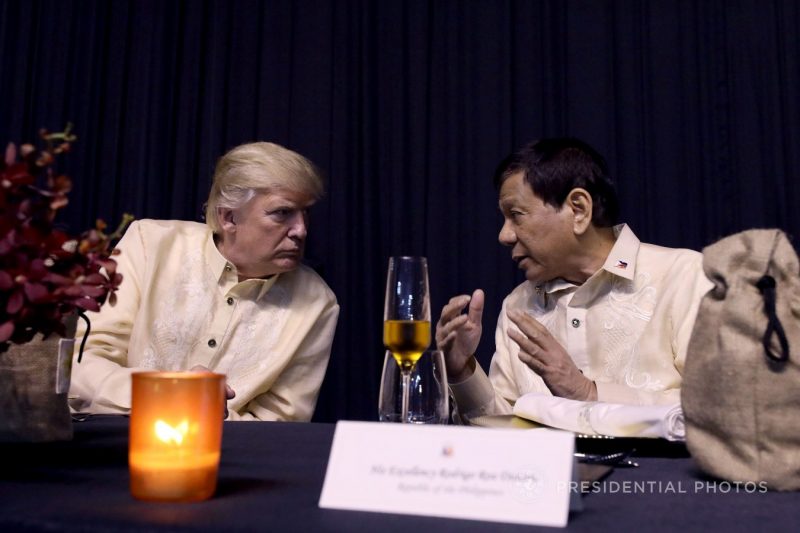
According to Philippines Senate Minority Leader Franklin Drilon “If the VFA is terminated, the EDCA cannot stand alone, because the basis of the EDCA is the VFA, and if the VFA is terminated, the EDCA cannot be effective. If the VFA and EDCA are no longer effective, then the MDT… would be inutile and would serve no purpose.”
Duterte previously accused the Americans of using these agreements to cover up clandestine operations in the Philippines and even deploying nuclear weapons in the country.
It is likely that Duterte will not actually directly break these treaties now, and is threatening the US to use them in bargaining. However, given the nature of the relationship in recent years, it is unlikely that Washington will offer Manila something worthwhile.
The refusal of the Philippines to continue honoring the VFA is already tantamount to an application for a review of the entire architecture of relations with the United States, which is clearly neocolonial in nature. This is an application for independence and sovereignty.
However, Duterte will now need to balance the growing influence of China without resorting to expanding cooperation with the United States. This opens up additional windows of opportunity for third countries in the field of defense cooperation with the Philippines. This primarily concerns Japan, Russia and India.
Forecast
There is still serious disagreement between the Philippines and China over the demarcation in the South China Sea. Nevertheless, Rodrigo Duterte undertook a tactic of cautious rapprochement with the PRC in matters of arms supplies and investment in infrastructure projects. This will be a major concern to the US. The geopolitical gap will severely limit US capabilities in countering China in the South China Sea. Thus, the US may consider finding ways to remain its military presence in the Philippines to continue countering Chinese influence.
The embassy of the United States to the Philippines said that Manila’s canceling of the VFA is “a serious step with significant Implications” and promised to “carefully consider how best to move forward to advance our shared interests.”
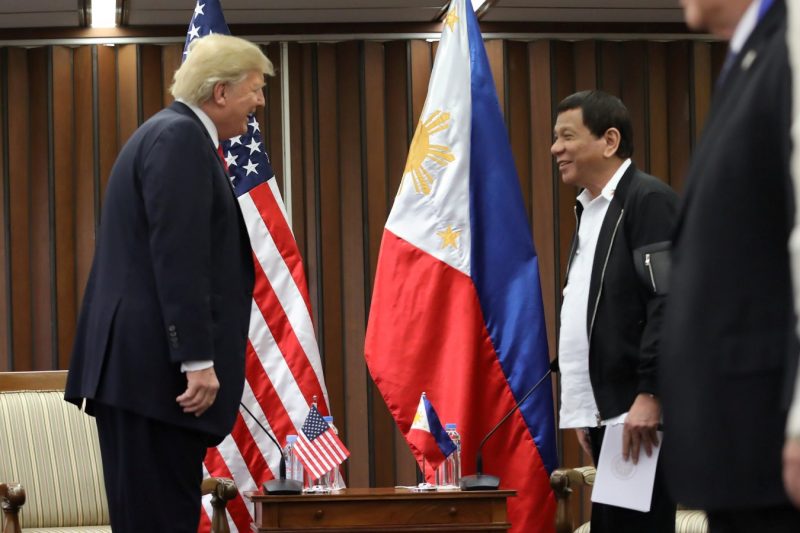
Perhaps the United States will try to use the pro-American opposition in the Philippine Senate to overturn the decision on the VFA, accusing President Duterte of unconstitutional actions. Another strategy might be to use the military to put pressure on the president. Traditionally, the Filipino military has trained with the United States and are closely associated with their American counterparts.
Duterte himself has repeatedly stated that a coup is being prepared against him with the assistance of some foreign power, and that the CIA is preparing an assassination attempt on him.
It must be kept in mind that the next presidential elections will be held in the Philippines in 2022. Rodrigo Duterte is ineligible for re-election at that time. The US will likely try to take advantage of the election in order to make sure a pro-US president replaces him.







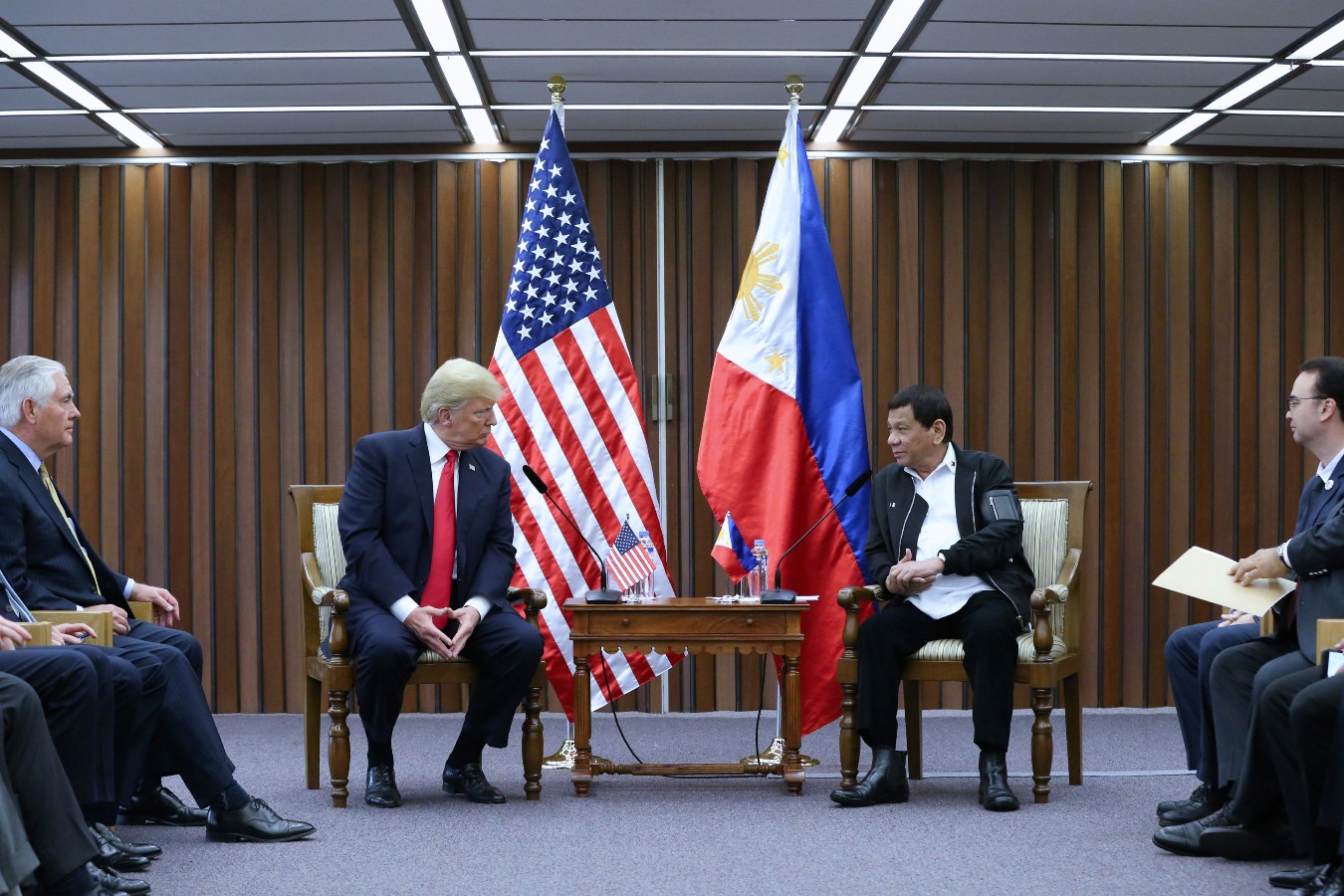

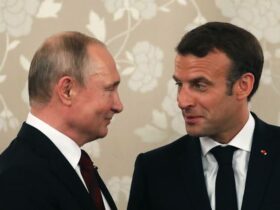




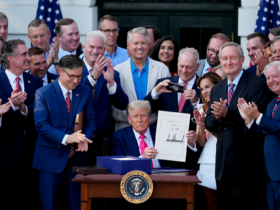


Leave a Reply